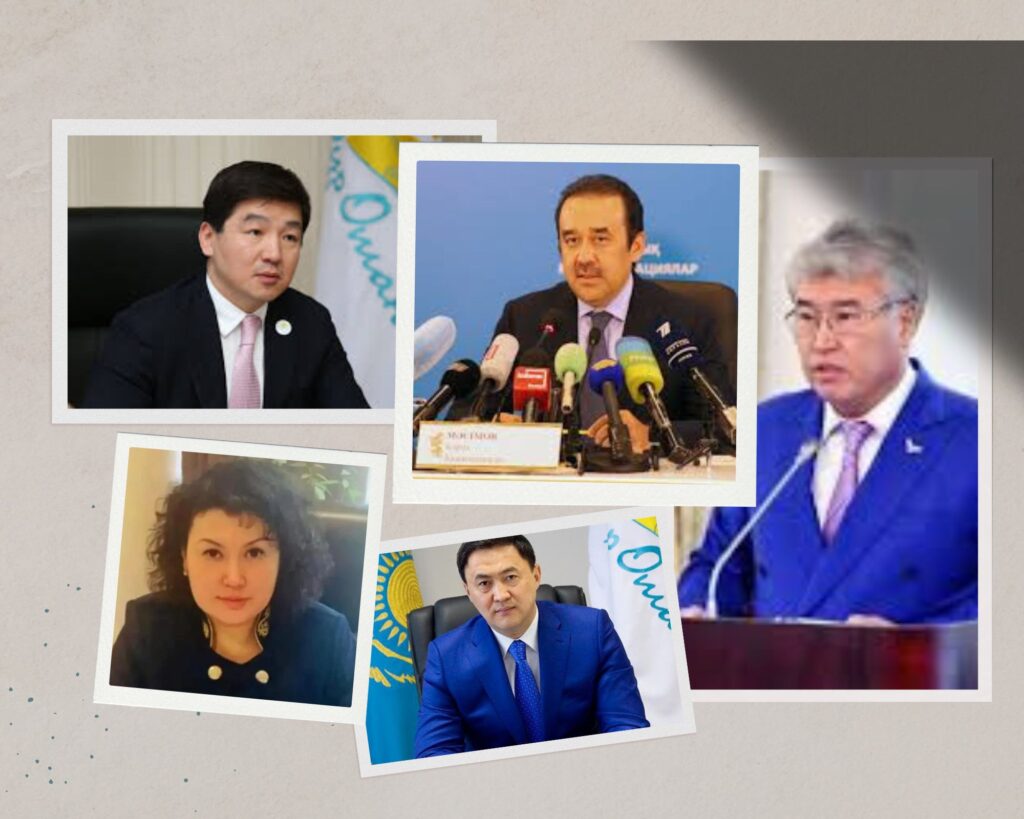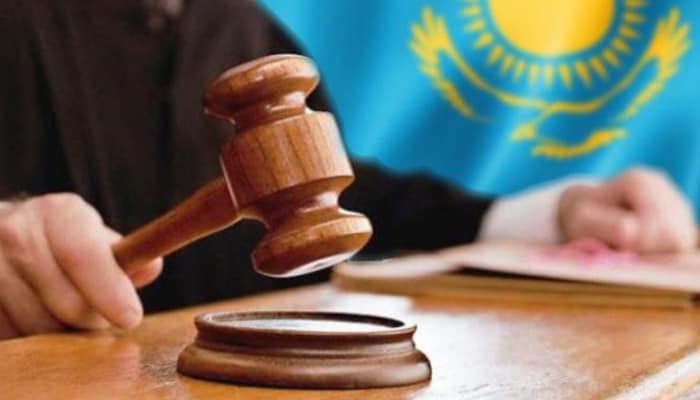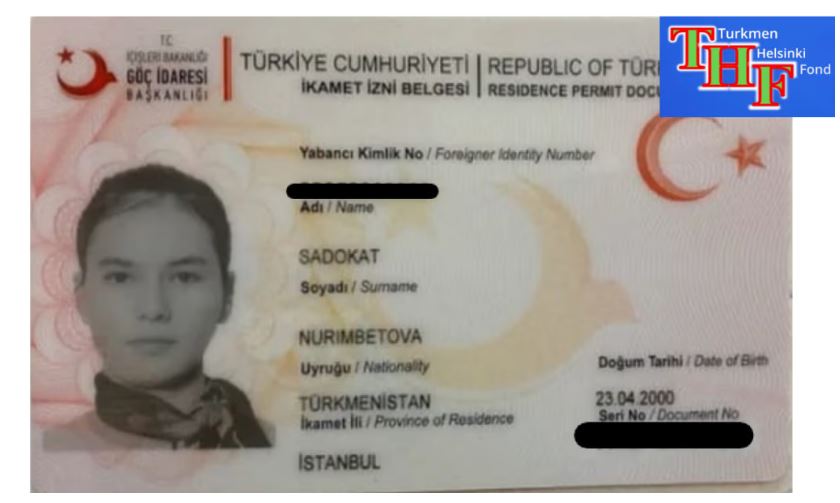BISHKEK (TCA) — The General Prosecutor’s Office of Kyrgyzstan has checked the performance of anti-corruption legislation by law enforcement agencies and found that prevention of corruption “is not conducted at the proper level”. Violations have been revealed in the State Service for Combating Economic Crimes, State Service on Drug Control (SSDC), State Customs Service, and Ministry of Internal Affairs.
The SSDC created anti-corruption standards only formally. Public authorities had to introduce anti-corruption standards to establish a uniform system of prohibitions, restrictions and permissions. However, the SSDC standard for employees was just copied from the laws “On Combating Corruption” and “On Civil Service”.
The SSDC also approved a program for 2015-2017 to eradicate systemic corruption. However, no mechanism of anti-corruption measures has been developed and the effectiveness of the program has not been assessed.
Estimates of the cost of corruption in Kyrgyzstan show that up to $700 million, or nearly 40% of the state budget revenues, are lost annually, World Bank experts say. According to studies, more than 40% of the economy is in the shadow and 52% of wages in business structures are paid in envelopes.
Corruption has become a systemic problem. Meanwhile, the Kyrgyz Defense Council, which oversees the fight against corruption, believes the operation of the ministries in the implementation of anti-corruption management model is satisfactory.
The Defense Council recognized that many problems remain in the public procurement, despite the introduction of e-procurement system aimed at reducing the level of corruption. The Defense Council advised to develop “new mechanisms and approaches” in this area.
Municipal property
The Anti-corruption Service of the State Committee for National Security of Kyrgyzstan has revealed persistent corruption schemes in the Municipal Property Office of Bishkek (MPO). Its employees were in close collusion with entrepreneurs and employees of the judicial system.
Corruption schemes were created in calculations and billing. MPO officials understated the amount of lease payments. According to inspections of four archival files in the period from 2010 to the present, the amount of damage was 1.7 million soms.
In another scheme, MPO employees and businessmen colluded with the judges of the Bishkek inter-district court for understating lease payments. As a result, damage to the state budget was more than 107 million soms.
The MPO employees, judges and businessmen also colluded to transfer the leased land into private ownership. Entrepreneurs who used municipal land, in collusion with lawyers and judges, transferred municipal land into private property to avoid paying rent. The national budget’s damage amounted to more than 7 million soms.
Licenses for hunting
Corruption is rampant in issuing hunting licenses, MP Janar Akayev says, and information on illegal hunting of foreigners in Kyrgyzstan’s national reserves has not attracted the attention of supervisory authorities.
The MP believes that both officials who issued licenses to hunt and those who allowed hunters into the reserves were involved in the corruption scheme.
He advised to find out the names of owners of hunting farms located in the reserves, which he said would include the names of officials from the State Agency for Environmental Protection and the Government.
MP Akayev introduced a bill to impose a moratorium on hunting until 2030 in Kyrgyzstan. Over the past twenty years, the number of wild animals has declined significantly in the country, and the law “On hunting” adopted in March 2014 is not respected. In addition, the document does not contain any provisions directly prohibiting the shooting of rare, threatened or endangered species of fauna listed in the Red Book. On the contrary, the law provides that hunting for animals listed in the Red Book is allowed by special permission.
There were cases when the Red Book animals, including snow leopards, were shot. If this continues, Kyrgyzstan may lose its unique fauna, the MP concluded.
Encouraging corruption whistleblowers
According to experts, the state system cannot protect corruption whistleblowers in Kyrgyzstan. The risk of corruption is greatly enhanced if the system of information on violations is not developed. Encouraging of public corruption whistleblowers by ensuring effective legal protection and clear reporting procedures allows authorities to monitor compliance with anti-corruption laws and their violation.
Whistleblowers have to participate in criminal investigations and court cases on corruption in Kyrgyzstan. A court can justify a corrupt person even if there were facts of bribery or corruption. In addition, there is no financial remuneration fund for public corruption whistleblowers.
According to a study conducted by public associations, the current legislation contains only general norms for the protection of witnesses, victims and other participants in criminal proceedings, as well as a rule that information about whistleblowers is a secret.









